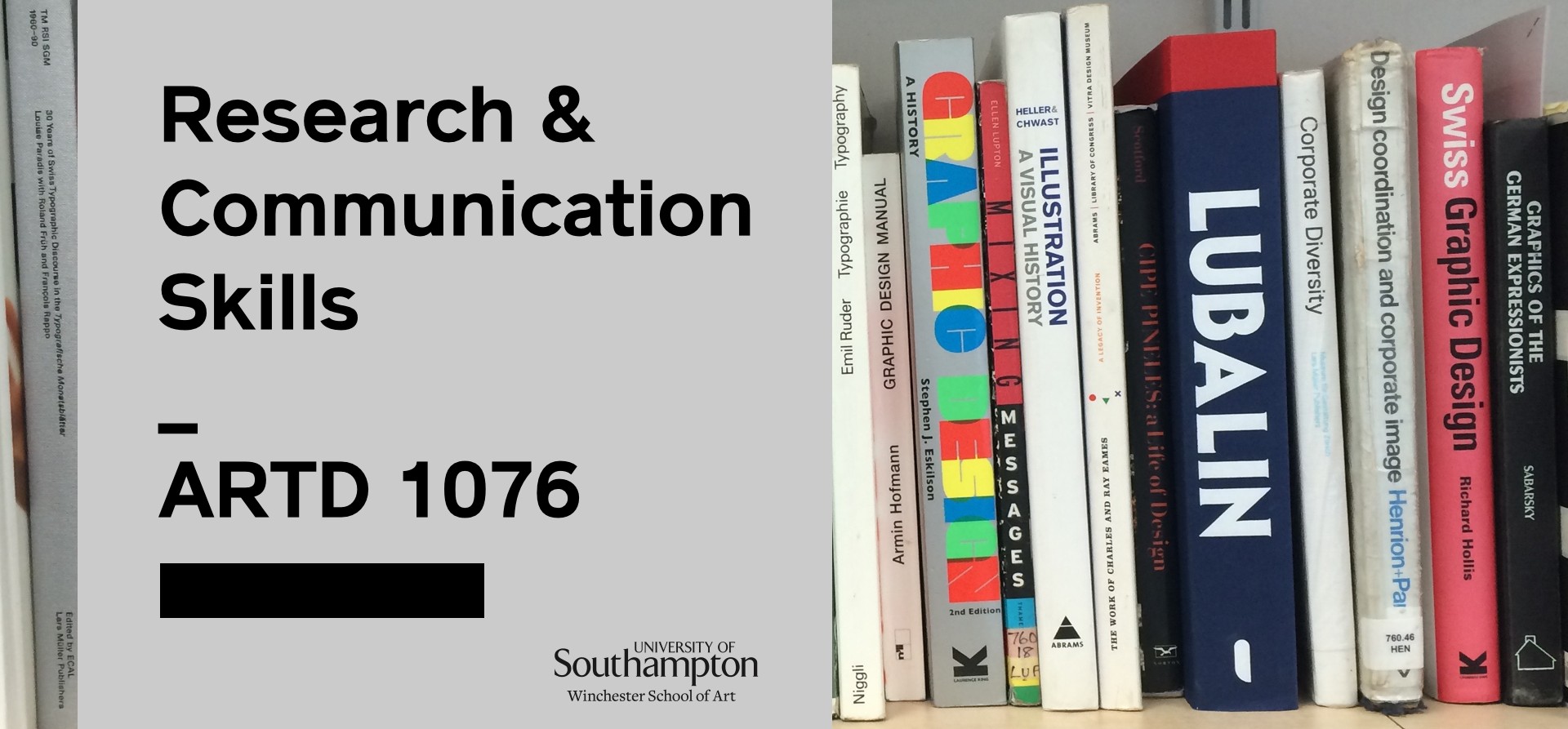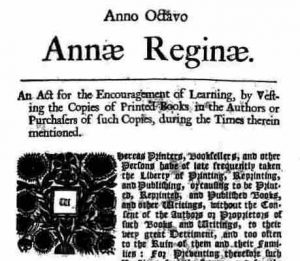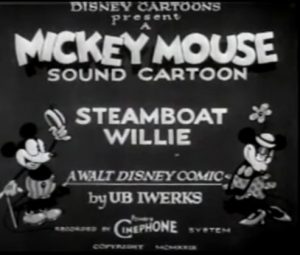What do you see as the positives and negatives around copyright? Is it possible to make anything new?
My initial, knee-jerk reaction when considering copyright is towards the negative. The origin of copyright itself was an attempt by the authorities in 1662 which “sought to control the publication of books by granting printers a near monopoly on publishing” (Eshgh, 2015). Not exactly an encouraging start. Since then there has been a continual tug of war performed on copyright laws dragging it across a spectrum which favours the every-day creator one one end and media giants on the other.
Before I jump into this, it’s worth clarifying that I am on the side of the every-day creator, meaning my perception of the positives and negatives of copyright will be skewed by personal biased. Nonetheless, let’s take a look at the different aspects of copyright and their relative worth.
Copyright, at its best, should allow control of the creator over their work until no longer necessary, at which point the work is given to the public domain. The Statute of Anne, implemented in 1710, “prevented a monopoly on the part of the booksellers and created a “public domain” for literature” (Eshgh, 2015) by allowing a fixed term of copyright protection with the ability to renew if the creator was still living once it expired. It meant that the creator could have autonomy over their work for a set time, but meant that other creators down the line wouldn’t be punished for referencing or taking inspiration from that work.
The next big change I’d like to focus on is almost three centuries down the line, in 1998, when a 56-75 year term put companies like Disney at risk of having their 1920’s creations fall into the public domain. The argument at the time was that by further extending the copyright protection term, it encouraged other creators to make new things. However, as expressed by Senator Hank Brown, “The real incentive here is for corporate owners that bought copyrights to lobby Congress for another 20 years of revenue—not for creators who will be long dead once this term extension takes hold.” However, the people who opposed this proposal of extending the term were in the minority. The proposal for an extension was passed, and “life plus 70” (Lee, 2013) became the new copyright term.
So it feels like copyright laws were made for sour purposes, and have been reclaimed by those with sour purposes over the years, despite the public occasionally trying to claw back restrictions on other people’s work, and sample and play with ideas from those that came before them. That said, to claim that this inhibits creators for making anything is absurd, as is the proposition that making something new is impossible. Whilst we are all creatures moulded by our experiences, our experiences themselves are unique, and by drawing from them and not necessarily the work of people around you, I do believe it’s still possible to make something new and individual, if only you have the courage to try.
Reference list:
Eshgh, A. (2015) Copyright Timeline: A History of Copyright in the United States, Association of Research Libraries
Sen. Brown, H. (1996) Senate Judiciary Report on S.483, July 10, 1996
Lee, T.B. (2013) 15 years ago, Congress kept Mickey Mouse out of the public domain. Will they do it again? The Washington Post
Helpful links:
http://homepages.law.asu.edu/~dkarjala/OpposingCopyrightExtension/legmats/s483rep104-315.html#Brown
http://www.arl.org/focus-areas/copyright-ip/2486-copyright-timeline#.WigVerGnyhA


